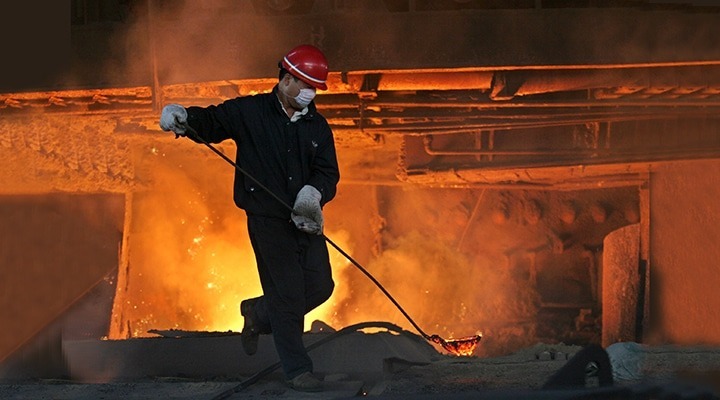In a business move that could make even the steeliest tycoons pause, Tata Steel has inked a colossal deal with the UK government worth a staggering £500 million. The focus of this grand partnership? Revitalizing Port Talbot's steelworks, the crown jewel of Britain's steel industry.
Out with the Old, In with the Green
Port Talbot steelworks, notorious as the UK's largest carbon emitter, has long been in need of a makeover. Tata Steel and the UK government will replace the outdated blast furnaces with a modern, green alternative – electric arc furnaces. This ambitious project, with a total capital expenditure of £1.25 billion – including the £500 million from the government -, seeks to reduce carbon emissions by a jaw-dropping 50 million tons over the next decade.
As Spider-Man says, with great power (and funds) comes great responsibility. The UK’s Department for Business and Trade predicts that this investment will protect 5,000 out of over 8,000 jobs currently at risk in the steel industry. This project isn't just about job security; it's a pivotal step towards decarbonizing the industry. The transition from coal-powered blast furnaces to electric arc furnaces could slash UK's carbon emissions by 1.5%, a significant leap toward environmental sustainability.
A Vision for a Greener Future
“The agreement with the UK government is a defining moment for the future of the steel Industry and indeed the industrial value chain in the UK," said Tata Group Chairman N. Chandrasekaran, who had been working with the Prime Minister Rishi Sunak-led government in developing a "transition pathway" for sustainable steelmaking in the UK.
“The proposed investment will preserve significant employment and presents a great opportunity for the development of a green technology-based industrial ecosystem in South Wales. We look forward to working with our stakeholders on these proposals in a responsible manner," he said.
Britain's steel industry is no small player. It directly employs nearly 40,000 individuals and supports another 50,000 jobs through its supply chain. The significance of a domestic steel-making industry transcends economics; it's integral to national security, contributing to sectors such as defense, manufacturing, automobiles, and transportation. It seems that the deal keeps the ship safe and steady, for now.
The numbers involved, from the huge investment to the fact that reworking the site will drop the UK’s national carbon emissions by 1.5%, might be staggering, but it goes to show the importance of traditional industries and their economic impact in what is an increasingly digital world.


















